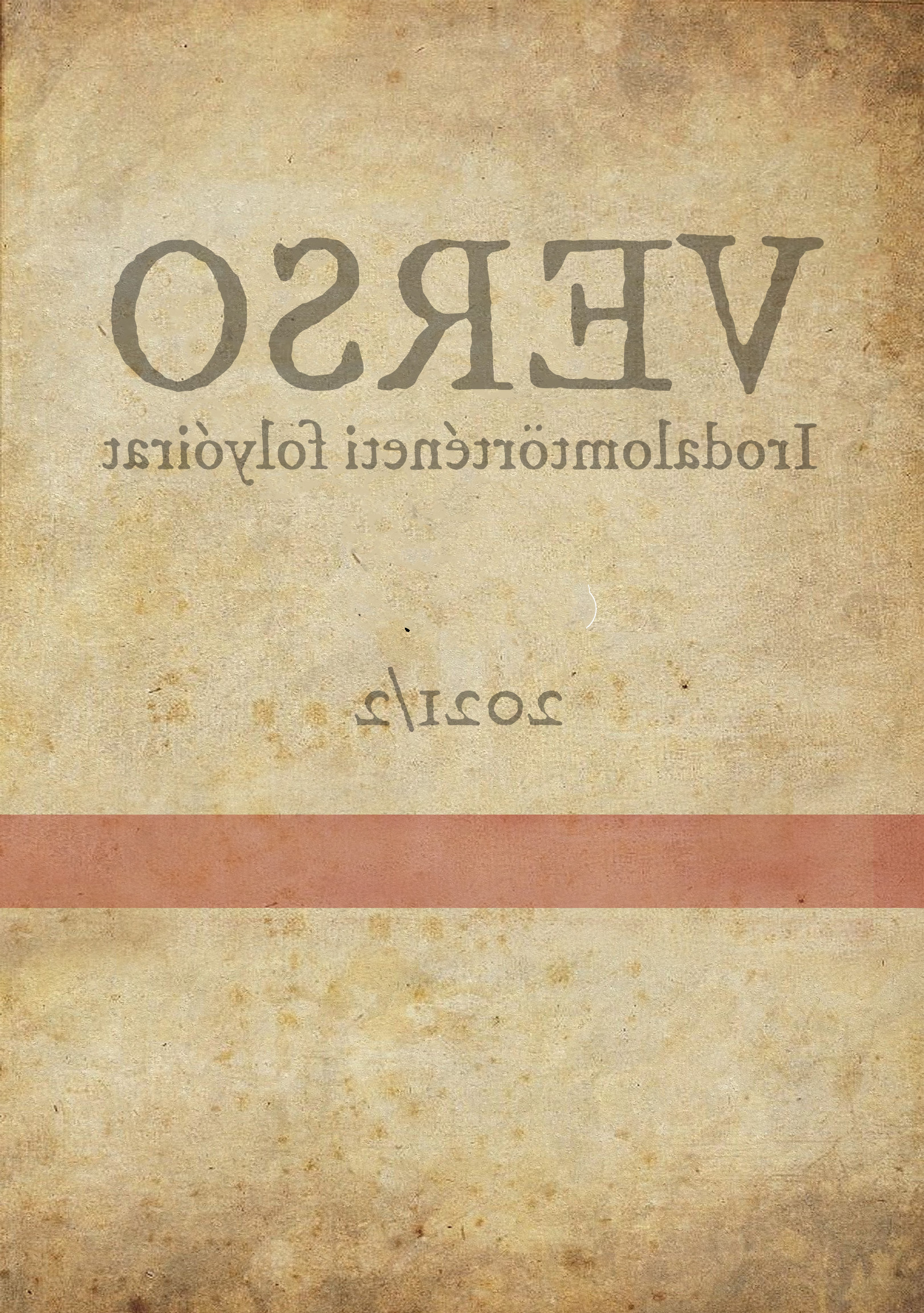„They applaud with a critical seriousness”
Pál Gyulai, the curtain calls and a mid-nineteenth-century turn of the Hungarian theatrical profession
DOI:
https://doi.org/10.15170/VERSO.4.2021.2.9-46Abstract
In a short essay from 1863, one of the most influential theatre critics of the mid-nineteenth century, Pál Gyulai, lashed out against how the audience of the Hungarian National Theatre seems to destroy the aesthetic experience by their numerous and loud curtain calls. This paper interprets Gyulai’s reservations against all types of audience reactions in the frame of the emergence of a new professional ideal in the theatre. This ideal foregrounds the actor’s play as the sole source of the aesthetics of the theatre and requires that this performance be viewed with sacred silence. The new, modern theatrical ideal will be the ’civilized’ silent audience for whom the theatre is not the place of a social encounter but aesthetic pleasure. This new framework introduced and secured a novel hierarchy into the Hungarian theatrical world, suggesting that it is not the vociferous audience who decides the value of the performance or the play, but it is the professional, specialized theatre critic who will explain and explore the meaning and weight of the theatrical experience.

